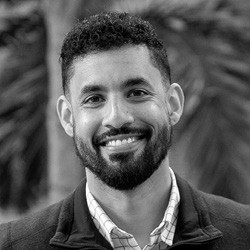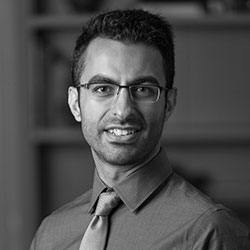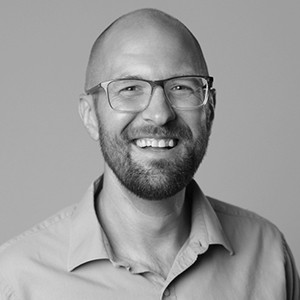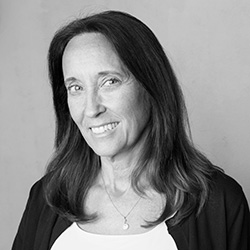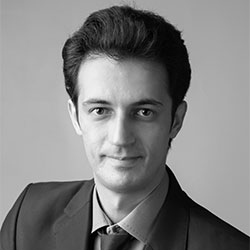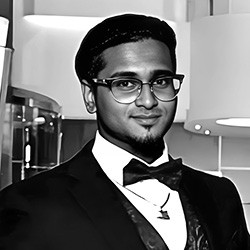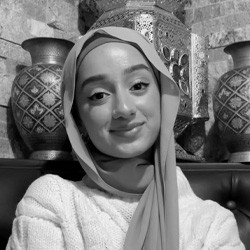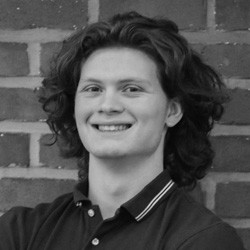In Pursuit of Research
Ziqing Yang (B.S. ’20, M.S. ’21) always had an interest in programming, which is what drew him to pursue a bachelor’s degree in computer science. “[It] has many interesting branches I could choose from, such as machine learning and deep learning, which align with my research interests,” he says.
Yang chose New York Tech for his undergraduate degree and ended up staying for his master’s in data science. He is now in his first year of studies working toward his Ph.D. in computer science as part of the first class of the new degree program offered at the university.
As an undergraduate and graduate student, Yang had the opportunity to work with Assistant Professor of Computer Science Houwei Cao, Ph.D., on many research projects and says she is a major reason why he chose to pursue his doctorate at New York Tech. Before taking Cao’s classes, Yang knew very little about machine learning and deep learning. He credits her for teaching him about these areas of study. “I want to continue working with her to do more interesting research,” he says.
“He is a straight ‘A’ student in his class,” says Cao. “What impressed me more is his research dedication and capability. We have worked on a variety of research projects so far, and he has also shown great flexibility in collaborating with students from different groups with different backgrounds. I enjoy working with him and looking forward to advising his Ph.D. dissertation research.”
Yang is currently working with Cao on “Deep Transfer Learning for Multimodal Affective Computing in The Wild,” a National Science Foundation-funded project, which aims to address the challenges of understanding spontaneous emotions and imperfect audio and video signals in real-life versus controlled laboratory settings. The team hopes to develop a new multimodal emotion recognition system for real-world applications. The project is expected to lead to significant advances in benchmarking the next-generation of affective computing.
But one achievement he is particularly proud of is attending and participating in the INTERSPEECH 2020 ComParE (computational paralinguistics) challenge as an undergraduate student. INTERSPEECH is a technical conference focused on speech processing and applications, emphasizing interdisciplinary approaches to address all aspects of speech science and technology, ranging from basic theories to advanced applications.
For his senior design project, he and a group of four undergraduate students, under the guidance of Cao, took second place in the elderly emotion recognition sub-challenge and 11th place in the mask detection sub-challenge.
“Their achievements are particularly impressive given that most of the other teams were comprised of Ph.D. students and very experienced researchers from top teams in the field and have access to world-class computation clusters,” says Cao. “For example, the first ranked team in the elderly sub-challenge is a multi-nation team consisting of seven Ph.D./researchers from the Netherlands, Germany, and Russia.”
“We didn’t expect we could have such an achievement,” says Yang. “I represented our team virtually at INTERSPEECH 2020, which was my first experience attending a conference. I am so proud of all of us,” says Yang, who hopes to one day work as a data scientist or applied scientist for Google or Amazon.
And he believes that New York Tech will help him achieve his goal. “At New York Tech, I have many opportunities to realize my potential,” says Yang. “With my professors’ help, I have gained a lot of experience by working on research projects. I believe with my New York Tech education I am more than prepared.”



